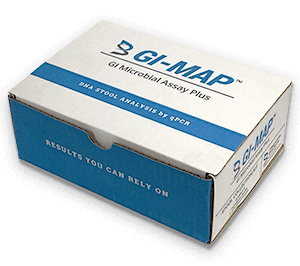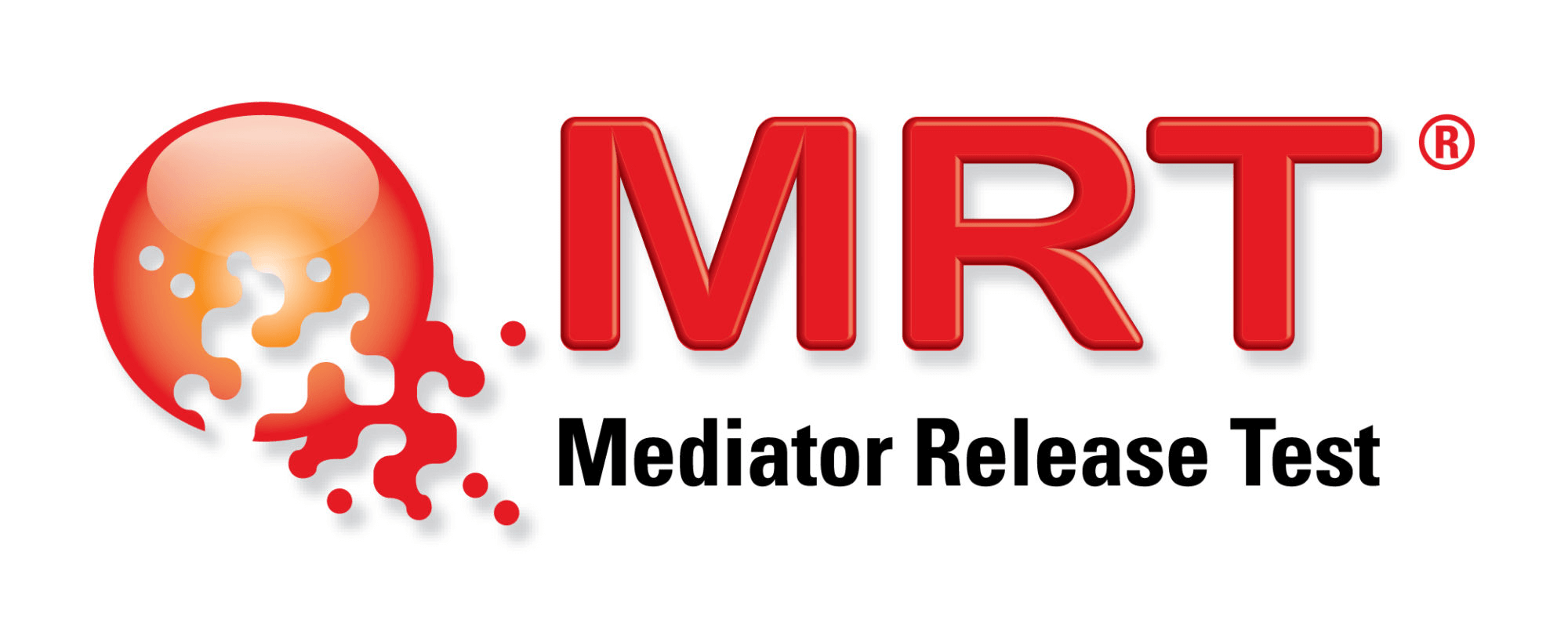Angela Anderson
Leaky Gut / Intestinal Permeability
Understanding Diarrhea: A Comprehensive Guide
Leaky gut, also known as increased intestinal permeability, is a condition where the lining of the gastrointestinal tract becomes compromised, allowing substances such as toxins, microbes, undigested food particles, and waste products to leak into the bloodstream. This leakage triggers an immune response and inflammation, which can contribute to a range of health issues, including autoimmune conditions, allergies, skin disorders, and digestive problems.
Symptoms associated with leaky gut can vary widely and may include:
1. Digestive Issues: Such as bloating, gas, abdominal pain, diarrhea, or constipation.
2. Food Sensitivities: Developing sensitivities or intolerances to certain foods.
3. Autoimmune Conditions: Including rheumatoid arthritis, Hashimoto's thyroiditis, celiac disease, and lupus.
4. Skin Problems: Such as acne, eczema, or psoriasis.
5. Allergies: Environmental allergies or allergic reactions to various substances.
6. Chronic Fatigue: Persistent fatigue and low energy levels.
7. Joint Pain: Arthritis or joint inflammation.
8. Mental Health Issues: Including anxiety, depression, brain fog, or cognitive difficulties.
9. Immune Dysfunction: Increased susceptibility to infections or frequent illnesses.
Identifying and addressing the root causes of leaky gut is crucial for effective management. Some common causes and contributing factors include:
1. Birth and Early Life Factors: Mode of delivery (C-section vs. vaginal birth), infant feeding practices, and exposure to antibiotics or other medications early in life.
2. Dietary Factors: Consumption of inflammatory foods such as sugar, gluten, processed foods, and certain food additives.
3. Medications: Including nonsteroidal anti-inflammatory drugs (NSAIDs), antibiotics, proton pump inhibitors (PPIs), and hormonal contraceptives.
4. Environmental Toxins: Exposure to environmental pollutants, heavy metals, pesticides, and chemicals in food, water, and air.
5. Stress and Lifestyle Factors: Chronic stress, inadequate sleep, sedentary lifestyle, and excessive alcohol or caffeine consumption.
6. Genetic Predisposition: Certain genetic factors may predispose individuals to increased intestinal permeability.
Addressing leaky gut often involves a multifaceted approach that includes lifestyle modifications, dietary changes, supplements, and targeted therapies. Some strategies to support gut health and reduce intestinal permeability include:
1. Chew Food Well: Thoroughly chewing food helps break it down into smaller particles, making it easier to digest and absorb nutrients.
2. Stress Management: Practicing stress-reduction techniques such as mindfulness, meditation, yoga, or deep breathing exercises can help reduce inflammation and support gut healing.
3. Avoiding Trigger Foods: Eliminating or reducing intake of inflammatory foods, food allergens, and gut irritants can help alleviate symptoms and promote healing.
4.Incorporating Fermented Foods: Consuming probiotic-rich foods such as yogurt, kefir, sauerkraut, and kimchi can help restore a healthy balance of gut bacteria.
5. Supplementing with Gut-Supportive Nutrients: Including supplements such as prebiotics, probiotics, digestive enzymes, glutamine, and omega-3 fatty acids can support gut integrity and repair.
6. Functional Testing: Comprehensive stool analysis, food sensitivity testing, and other functional medicine tests can help identify underlying imbalances and guide targeted interventions.
It's important to work with a qualified healthcare practitioner or registered dietitian to develop a personalized treatment plan tailored to your individual needs and health goals. By addressing leaky gut and supporting gut health, you can improve digestion, reduce inflammation, and enhance overall well-being.

Dietary Considerations
1. Avoid inflammatory foods (Sugar, gluten, dairy)
2. Remove food sensitivities & triggering foods
3. Incorporate ferments
4. Incorporate flax
5. Incorporate bone broth, collagen, gelatin
Lifestyle Considerations
1. Chew thoroughly
2. Avoid eating when rushed
3. Eat when relaxed
4. Avoid antacids
5. Manage Stress
6. Avoid antibiotics when possible

Effective management of Leaky Gut involves a comprehensive approach that includes lifestyle changes, dietary adjustments, adequate hydration, and supplementation. Underlying causes must be identified and addressed through tailored treatment plans to improve symptoms and overall quality of life. Consulting with healthcare professionals is essential to receive a proper diagnosis and personalized treatment recommendations.
Functional Testing for Leaky Gut

Functional Diagnostic Nutrition Package
A comprehensive health assessment
Comprehensive Stool Testing is part of the FDN recommended assessment package.
Why Dragonfly Holistic Coaching?
Personalized Care
When it comes to addressing health complications, the notion of a "one-size-fits-all" solution is not just ineffective, it's potentially counterproductive. Each individual is a unique tapestry of genetics, lifestyle choices, dietary habits, and environmental exposures, making them biochemically distinct. This means that a health approach which yields positive results for one person could prove ineffective, or even detrimental, for another. Functional wellness modalities stand out by embracing this diversity; recognizing that true healthcare must be deeply personalized. By considering an individual's entire well-being, factoring in genetics, diet, lifestyle, and environmental influences, functional wellness crafts solutions tailored to each person's unique needs. This bespoke approach ensures that each individual receives the most effective and appropriate care, underscoring the fact that in the realm of health, there really is no such thing as a universal solution. When I sign a contract with a client, I will work tirelessly by your side until we are able to identify the root cause of your health challenges and develop a sistainable way forward.
Information courtesy of Angela Anderson
Functional Diagnostic Nutrition® health coaches do not diagnose, treat, prevent, or cure any
disease or condition. Nothing we share with our clients is intended to substitute for the advice,
treatment or diagnosis of a qualified licensed physician. Functional Diagnostic Nutrition® (FDN)
Practitioners may not make any medical diagnoses or claim, nor substitute for your personal
physician’s care. It is the role of a Functional Diagnostic Nutrition® Practitioner to partner with
their clients to provide ongoing support and accountability in an opt-in model of self-care and
should be done under the supervision of a licensed physician.







